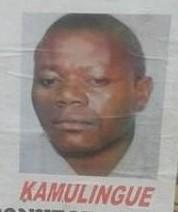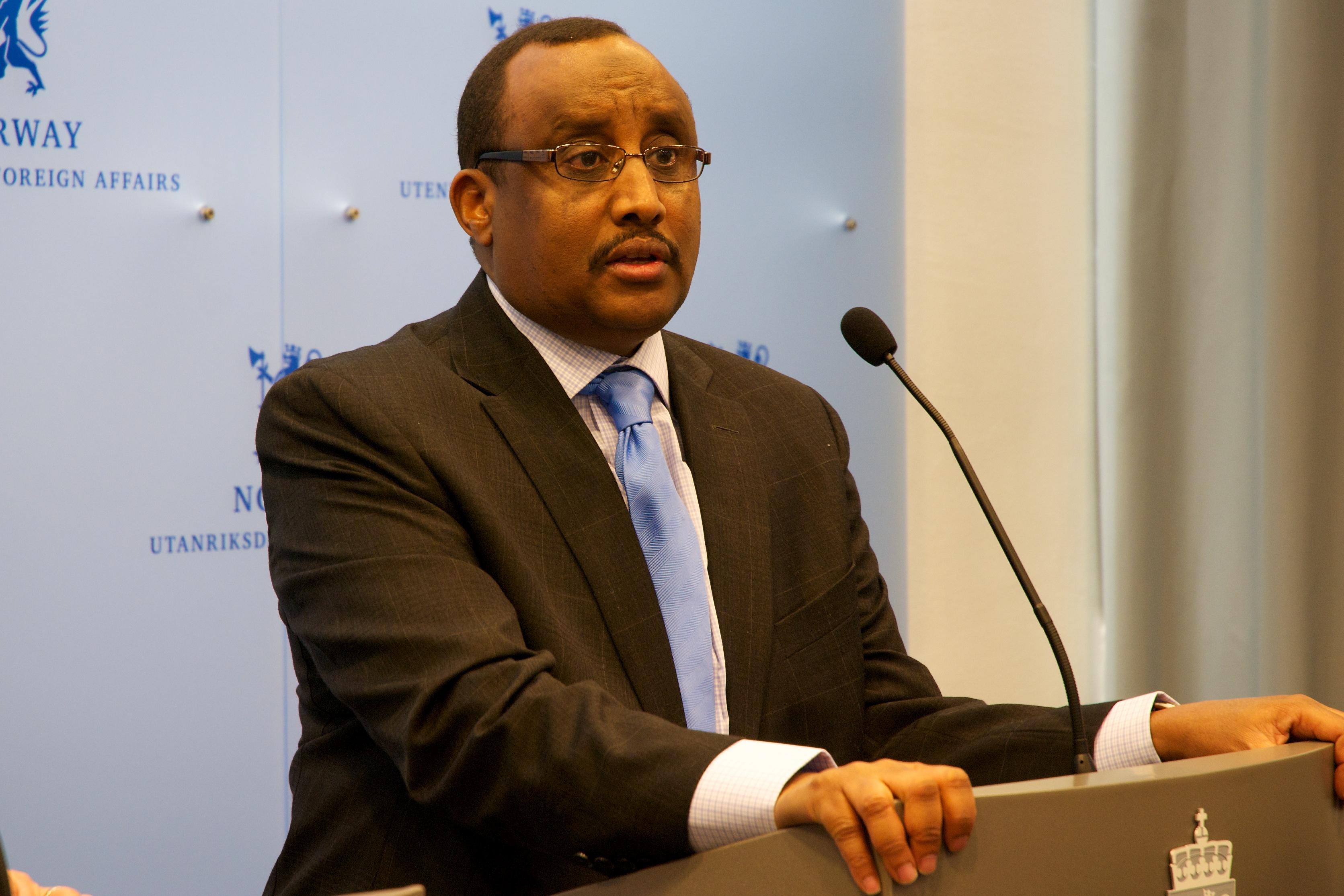The G8’s here, Time to act on tax havens – By Richard Dowden

 When I first saw that Britain had put tax, transparency and trade on the agenda of this week’s G8 meeting my reaction was surprise and celebration. At last the government had picked up on the scandal of huge multinational companies operating in poor countries but registering themselves in offshore tax havens that demand no transparency or accountability (and have exceedingly low tax regimes). In some cases virtually none at all.
When I first saw that Britain had put tax, transparency and trade on the agenda of this week’s G8 meeting my reaction was surprise and celebration. At last the government had picked up on the scandal of huge multinational companies operating in poor countries but registering themselves in offshore tax havens that demand no transparency or accountability (and have exceedingly low tax regimes). In some cases virtually none at all.
When Starbucks, Google and Amazon were found to be paying virtually no tax in the UK rip-off of Britain became the focus of David Cameron’s global tax crusade. Yet it is in poor countries, particularly in Africa – where a nation’s present economic advantage is only their mineral or agricultural wealth – that the big rip-off is causing most pain.
Death and taxes are the two certainties in life. But not, apparently, if you are a global company which can afford the world’s best legal and financial brains to arrange your tax affairs. Many of them avoid paying taxes to the governments of poor countries they actually work in through a series of perfectly legal scams. Much of the vast wealth accumulated by many of these global companies then flows through the City of London and, despite the fact that many of them don’t pay much tax here either, this is deemed to benefit the UK.
Elsewhere the signs of poverty creation are clearly visible and immense. According to a recent report from Global Financial Integrity (GFI), a Washington-based think tank, and the African Development Bank, these scams sucked $859 billion out of poor countries in 2010, ten times more than the $88 billion they received in aid. This is not new. GFI estimates that up to $1.4 trillion was lost to Africa between 1980 and 2009 through mispricing and transfer pricing by large corporates.
It is not just corrupt dictators getting their loot out of their own countries. The vast majority of this illicit flow is from tax evasion, mispricing and transfer pricing by large companies. These occur when, for example, a mining company operating in Sierra Leone, registers in the Cayman Islands. It then “sells” its product from the Sierra Leonean company to the Cayman Islands company at a price way below its market value – and pays the tiny amount of tax there accordingly. Or it pays its expensive expatriate workers outside the country or imports equipment at a very low price so that Sierra Leone is left with a tiny proportion of the true tax value of the company’s activities and its own resources.
The only existing regulation of these flows is the Multilateral Convention on Mutual Administrative Assistance in Tax Matters, the MCMAATM which makes Dickens’ Circumlocution Office sound like a model of simplicity. It doesn’t even provide for automatic information exchange.
The UK is responsible for about 10 of the world’s 50-odd tax havens. These Overseas Territories and Crown Dependencies make nothing, produce nothing. They simply offer secrecy and low tax rates to anyone anywhere. Until now successive UK governments have said that they are self governing and therefore they cannot interfere. That was very similar to one of the excuses given by the government when it opposed the abolition of the slave trade at the end of the 18th Century. A start would be to enforce some transparency on these grotesquely rich but utterly unproductive tax havens to make sure that poor countries struggling to develop get a fair price for their mineral and agricultural wealth.
This is particularly important for African countries at this very moment. After more than ten years of growth many of the continent’s 54 counties are beginning to make that growth self-generating and sustainable. But most countries are still primary producers dependent on world demand and price for their natural resources: oil, gas, minerals and agriculture. So this is the continent’s one-off opportunity to become self sustaining, adding value by manufacturing. If the bulk of the income due now is leaching out though tax havens, Africa and many other parts of the world in a similar position, will be stuck in poverty and the dysfunctional aid relationship for decades.
With the City of London and Britain’s reputation for integrity at the heart of this, it is time to use the G8 meeting to reach global consensus and strengthen the laws on transparency and accountability. The government has already moved boldly on bribery. The new UK Bribery Act which came into effect last year has banned one widely used technique. Some companies would for example contract Mr X at £50 million a year for unspecific services of which he would use £49 million to ensure it got the contracts it wanted. At the same time the company executives could say, hand on heart: “We never pay bribes”. That route is now outlawed. Companies will be held responsible for all bribes paid in their name to secure a contract. Similar strong action is needed on mispricing and transfer pricing. A multilateral agreement to make companies report sales, employees, taxes paid and profits would be a start.
The government has said it is committed to making a tax deal work for the poorest and the Prime Minister has already written to the Overseas Territories and Crown Dependencies to call for greater transparency and more sharing of information with the UK. There is also more consensus at EU level that a new multilateral deal should be agreed on information exchange by the end of this year. The G8 meeting at Loch Erne in Northern Ireland would be the perfect place to makes these rules global.
Richard Dowden is Director of the Royal African Society and author of Africa: Altered States, Ordinary Miracles published by Portobello Books.







Yes i nearly choked on my cup of tea when i noticed mr camerons strengh and stable forcefulness on sorting this all out,finally.the first trickle began with the extra tax england bought in for forigen companies and persons owning london properties for no good reason apart from avoidence, thus newly rich throwing the london market all out of proportion,still that should go further i mean if your not renting it and paying taxes in england on the income ,take a leaf out of the italian system and slaughter the owner with more taxes.your argument is perfect and i hope every african can go forward and insist on it coming to fruitation and the west accepts that this is the future 29 billion dollers just in the copper industry ? We the industrialised nations offered the gifts of corruption ,if we still want to do buisness we better get our act together with good examples and it would help that the OCED rules allow partnerships of investors with non oced nationals and residents which it dosnt at the momment
It just breaks my heart as an African that the tactics used by tax evaders are not reall rocket science and simple proper systems like preventing the investors from exporting raw products to ensure jobs and value addition to the raw materials produced in Africa and other disenfranchised countries benefit the real owners of the resources.
Even giving money to some criminals to bribe their developing world fellow criminals is something that can be policed if the goodwill and requisite resources are put in place.
The G8 can really help here, but all that will come to nought if the leaders of poor countries continue to sell their people, country and resources for a song.
The next big summit should be in a developing country and the campaigners should name and shame ‘leaders’ that are well known for selling their people down the river, otherwise the rest of the world cannot, by themselves force the eradication of poverty in poor countries unless the leaders are ready to cooperate.TWIN
The initial global response to tax havens in recent years has been to pressure them to sign Tax Information Exchange Agreements with other countries. These allow a country to request information about particular citizens, but only after the requesting country can provide sufficient evidence the citizen in question might be engaged in illegal activity. This is highly resource intensive, and so few requests are made and most of those engaged in tax evasion and other illicit activities go undetected.